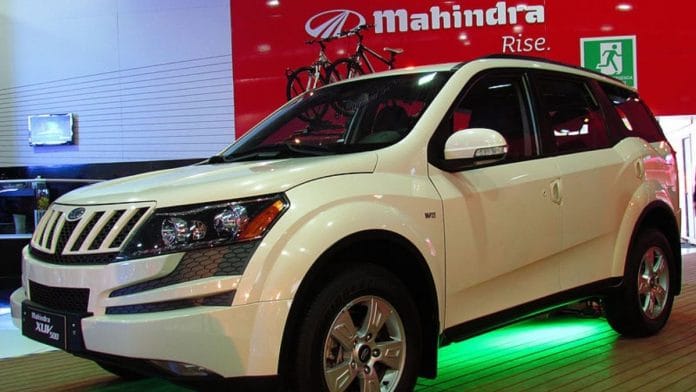Mahindra & Mahindra Ltd., an Indian maker of SUVs and tractors, expects automobile sales in the nation to recover strongly this year as the industry emerges from the worst of the pandemic and supply chain constraints show early signs of easing.
“The auto industry is poised for a very strong rebound because it has been buffeted by a number of factors over the last two to three years,” Anish Shah, managing director and chief executive officer of the Mahindra Group, said in an interview with Bloomberg Television Friday. “We’re starting to see a lot more demand and therefore I would be very bullish on the auto industry.”
India’s omicron-led virus wave will likely reach its peak by the end of January as new infections ebb in some states, according to forecasters who correctly predicted the peak of the deadly delta-led wave last year. The Reserve Bank of India has said the impact of the latest wave of infections on India’s economy will be short-lived with overall economic activity being strong.
“The supply chain issues across the industry have become much better,” Shah said. “We’re starting to see a lot more optimism in terms of things falling in place, the economy going well, so at this point I would see a lot more opportunity than risk.”
In addition to challenges from the third Covid wave, Indian automakers have seen their raw material costs surge as commodity prices climb. That has forced carmakers to hike prices of vehicles, which could potentially hurt consumer demand in India’s value-conscious market. The global dearth of semiconductors has also hit production.
It will take four years for electric car sales to pick up as automakers attempt to eliminate range anxiety and bring down the cost of ownership, Shah said. Mahindra sells just one electric car, the e-Verito, despite having a first-mover advantage. It is among 10 companies which have bid for incentives to manufacture technology-agnostic battery cells under a 181 billion rupees ($2.4 billion) production-linked stimulus program.
Indian automakers are making investments to assemble battery cells and not to manufacture them, Shah said. Automakers will wait for battery technology to evolve and then consider investing in battery cell manufacturing, he said. Shah declined to comment on his company specifically citing a silent period ahead of its quarterly results.
Also read: India needs an atmanirbhar electric vehicle supply chain before invites to Tesla






